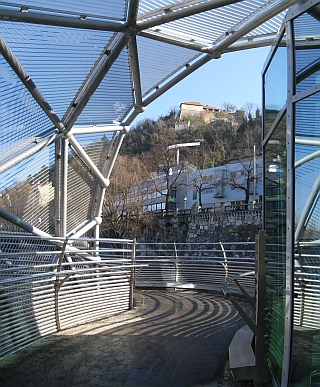From Constructive Ethics to Sustainable Ethics: The Design Path
Keywords:
design, responsabilidade social, sustentabilidade, Design, Environment and SustainabilityAbstract
The perception of the ethical responsibility of design has gone through various phases along the XXth century. Initially centered on the rescue of the traditional social structures shaken by the Industrial Revolution, design later undertook an active role on the construction of a new society, coherent with the demands imposed by the reformulation of the technological progress. As the century went along new approaches came up, less concerned with social issues, focused on esthetics or on logics, developing itself according to the demands of the expansion of consumption and the well being notion associated to it. However, this emphasis on consumption lead to extremes that ended by arousing a new social consciousness initially focused on the environmental issue and later extended to matters such as justice and equity. In the XXIst century, the new ethical orientations that guide design demand that its exercise of social responsibility go beyond the production field; it must bring its contribution to the conduction of a process of reeducation of society, based on new forms of well being, that would attain a larger part of the population and at the same time keep itself within the limits of the planet resources. This paper retraces the evolution of design concerns and stresses the importance of the ethical orientation of its proposals in the globalized and fragmented context of the beginning of the XXIst century.Downloads
Downloads
Published
How to Cite
Issue
Section
License
Authors who publish in this journal agree to the following terms:
a) Authors retain the copyright and grant the journal the right of first publication, with the Project simultaneously licensed under the Creative Commons Attribution License that allows the sharing of the Project with recognition of the authorship and initial publication in this journal.
b) Authors are authorized to assume additional contracts separately for the non-exclusive distribution of the version of the Project published in this journal (e.g., publishing in an institutional repository or as a book chapter), indicating that it was originally published in this journal, with a link to the article.








 Todo o conteúdo de Cadernos de Pós-Graduação em Arquitetura e Urbanismo está licenciado sob
Todo o conteúdo de Cadernos de Pós-Graduação em Arquitetura e Urbanismo está licenciado sob 